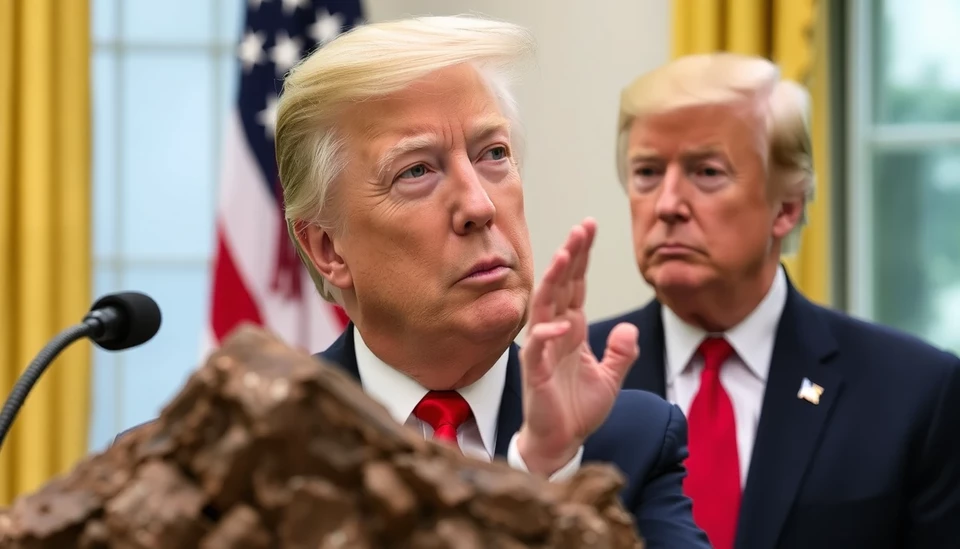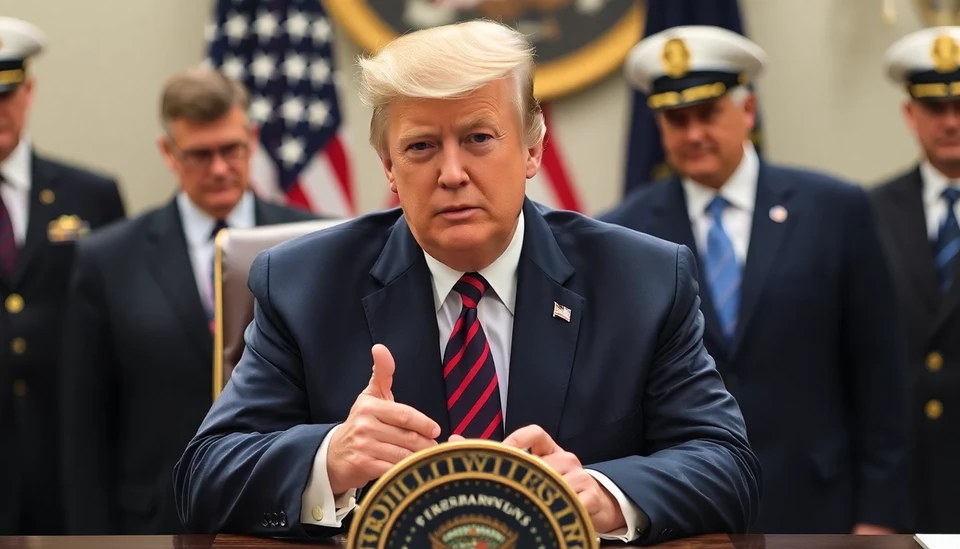
In a world increasingly dependent on critical minerals for technological advancements and renewable energy, China's dominance in this sector poses significant challenges to global supply chains. As countries begin to realize the implications of this monopoly, the repercussions of America's previous trade wars under the Trump administration are becoming ever more evident. The evolving landscape of critical minerals has created an urgent need for new strategies to secure resources outside of China's control.
Critical minerals, including lithium, cobalt, and rare earth elements, are vital for a range of industries from electric vehicle production to advanced telecommunications. China's aggressive acquisition and processing of these materials have placed it at the forefront of the global supply chain, exerting power over countries dependent on these essential resources. As demand surges, so too does concern about over-reliance on a single nation.
The narrative surrounding critical minerals has shifted since the beginning of Trump's tenure, which saw a series of tariffs and trade restrictions aimed at curbing China's influence. However, these measures inadvertently highlighted the vulnerability of American manufacturing and technology sectors that heavily rely on imports of these minerals. As tariffs increased costs, the need for domestic production became more urgent but has yet to materialize effectively.
China's control over the refining process of critical minerals complicates matters for the U.S. and its allies. The country refines the majority of rare earth materials, and its capacities in lithium and other minerals have only grown. This situation raises alarms about energy security as nations grapple with the implications of depending on a rival superpower for resources critical to transitioning to greener energy alternatives.
In recent discussions among Western nations, there is increasing emphasis on forming strategic partnerships to diversify sources of critical minerals and enhance recycling processes. However, these initiatives require substantial investment and coordination, which will take time and may not yield immediate results. The need for a multi-faceted strategy is crucial, encompassing legislation, incentives for domestic production, and collaboration with allied countries rich in mineral resources.
The transition to electric vehicles and renewable energy sources makes the stakes even higher. As countries strive to meet ambitious climate targets, ensuring a reliable and diverse supply of critical minerals is essential. Policymakers are under immense pressure to create frameworks that promote sustainable practices while simultaneously encouraging investments in local mining operations.
While the challenges are significant, there is a silver lining: the increasing global awareness regarding the importance of self-sufficiency in essential minerals. As industries and governments pivot towards a more sustainable future, this could foster innovation in mineral processing technologies and recycling initiatives.
Ultimately, the effects of Trump's trade wars are still reverberating across industries as nations seek to reestablish equilibrium in the marketplace of critical minerals. The pathway forward is unclear, but it hinges on cooperation, legislation, and a collective commitment to build a resilient and diversified supply chain that is less dependent on any single nation.
#CriticalMinerals #ChinaDominance #TradeWars #ResourceSecurity #ElectricVehicles #SustainableEnergy #GreenTransition #GlobalSupplyChain
Author: Samuel Brooks




